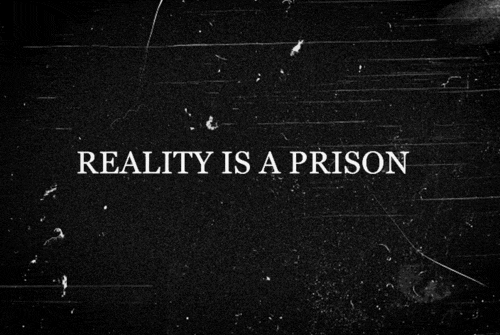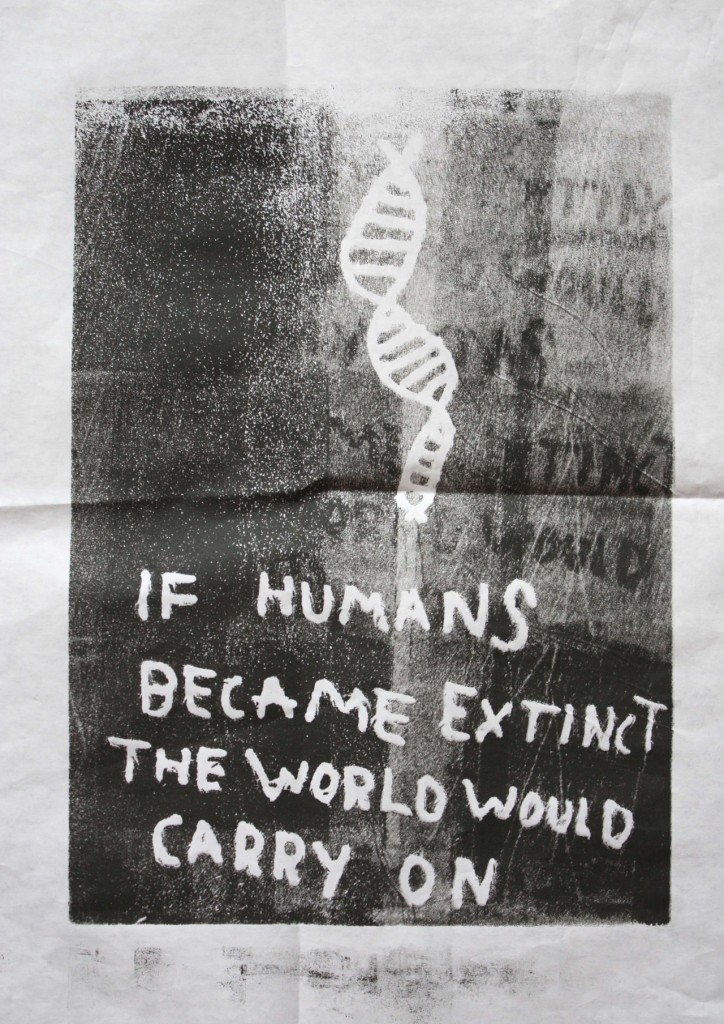Someone must by now be saying, “Faustus, come off it. Surely you don’t think that anyone would accept a coin flip on their own life?”
Let me reflect a bit on my own life. I can’t think of any one massive bad thing so far that would have led me to accept a coin flip on it, but, well…there are any number of smaller bets that I might have accepted that work out to a functional equivalent thereto. Let’s begin defining another term: a Mephistophelean Wager. Imagine if you will that there is some powerful being, a misanthropic billionaire, wizard, devil, what have you, capable of removing some significant source of unhappiness from your life, but that said being will only offer to such relief as part of a wager which, if you lose, results in your immediate (but painless) annihilation. The wagers are binary, relief with probability p, annihilation with probability 1 – p. We might differentiate certain nominal categories of Mephistophelean Wager. A Mephistophelean Coinflip splits the probabilities 0.5/0.5 between relief and annihilation, while Mephistophelean Russian Roulette is more generous, giving you a probability of 0.83 of relief and survival (think of putting one bullet in the cylinder of a fair revolver, spinning it and pulling the trigger).
Now as you might be aware, and as I cannot ignore, beginning around the age of 24 and continuing until about the age of 31 or so I went through a dark time in my life characterized by personal loneliness and deep career frustration. I couldn’t get a girlfriend to save my life in spite of trying very hard, and I couldn’t get a job in the field I had spent the better part of a decade preparing for. By any reasonable standard of evaluation I was a failure. I wasn’t suicidal, exactly, although I did go to bed a lot of nights half- or more-than-half-wishing that I wouldn’t wake up the next morning. Had a round of Mephistophelean Russian Roulette been available for me to play, I would have played. Indeed, I think I would have played two rounds. I would have played one for a girlfriend — not Helen of Troy, not a harem of lissome beauties, just one with the character and charms of the individual identified as Second Serious Girlfriend in my Thaumatophile Manifesto. And I would have played one for a permanent academic position (only somewhere good, mind you).
One might be tempted to say, how immature. Well, I’m sorry but you didn’t have to live my life and go to bed all those awful nights. You don’t get to judge. One might also be tempted to say that it would have been irrational to accept a even a single round of Mephistophelean Russian Roulette because life now, in middle-middle age, is better than it was in my twenties. It is better, thank you. But it is not, in my judgment, anywhere near sufficiently better that it somehow “compensates,” “outweighs,” or “makes up for,” what I had to go through in my twenties. And what’s more, I don’t see anything in prospect in the likely balance of my life, be it measured in minutes or decades, that is likely to make up for that experience. Between death at 24 and the balance of my life as it is, I think I would in principle choose the former, although obviously that is now something impossible to arrange.
And indeed, the very fact that I have a future is itself more of a problem than most people would realize. Think of all the dreadful, dreadful things that lurk through and past human middle age that happen to people all the time,have, to a moral certainty, happened to people you know. Cancer. Alzheimer’s Disease. Loss of sight. Loss of hearing. Premature death of spouses and loved ones and its consequent bereavement. Bankruptcy and consequent poverty. Serious legal difficulties. Drug and alcohol addiction. Just the process of getting old, even in “good” health, seems filled with suffering: what with the ruin of one’s attractiveness, the collapse of one’s abilities and mobility, the fading of one’s senses and memory and intellect, and the dying off of one’s friends and family. People sometimes say that old age has its compensations. I very much doubt this claim. It seems like something the young tell themselves so as not be overburdened with pity for the old, and something the not-young likewise tell themselves as a way of whistling past (should that be whistlingtoward?) the graveyard.
The relevant point here is that there are likely to be any number of rounds of Mephistophelean Russian Roulette I would take if I knew that the alternative were some of these forms of suffering. I’ve seen people dying of cancer: I would much rather spin the cylinder and pull the trigger if on survival it would mean dying peacefully in mys sleep at some point int he future rather than having to go through that. And if by some miracle there were a way to avoid old age but still live as long as a typical human being does these days, that would be worth a major gamble. The point here is, I might be quite willing to take two more rounds. And I would retrospectively endorse taking them earlier in life than I am now, if such a thing were possible.
But rounds add up. The following table calculates the relevant probabilities. In the left-hand column is a number of hypothetical rounds, and the right the probability (computed to two figures) of being dead after that number of rounds.
| Rounds |
Probability of Death |
| 1 |
0.17 |
| 2 |
0.31 |
| 3 |
0.42 |
| 4 |
0.52 |
| 5 |
0.60 |
| 6 |
0.67 |
| 7 |
0.72 |
| 8 |
0.77 |
| 9 |
0.81 |
| 10 |
0.84 |
| 11 |
0.87 |
| 12 |
0.89 |
| 13 |
0.91 |
| 14 |
0.92 |
| 15 |
0.94 |
| 16 |
0.95 |
| 17 |
0.95 |
| 18 |
0.96 |
| 19 |
0.97 |
| 20 |
0.97 |
| 21 |
0.98 |
| 22 |
0.98 |
| 23 |
0.98 |
| 24 |
0.99 |
| 25 |
0.99 |
Four rounds gets you over the threshold of 0.5. By that standard, I feel justified in concluding that my life is on balance suffering.


